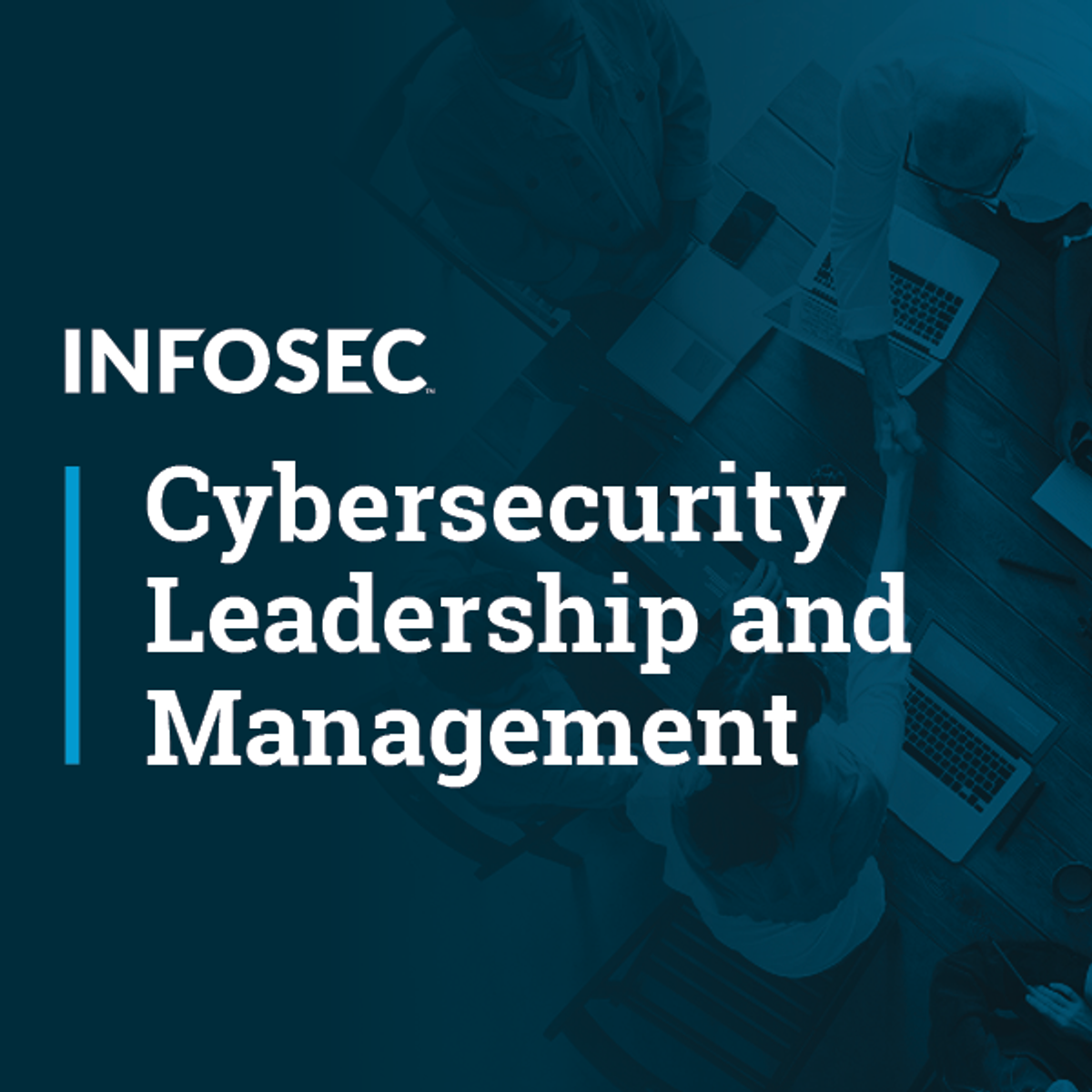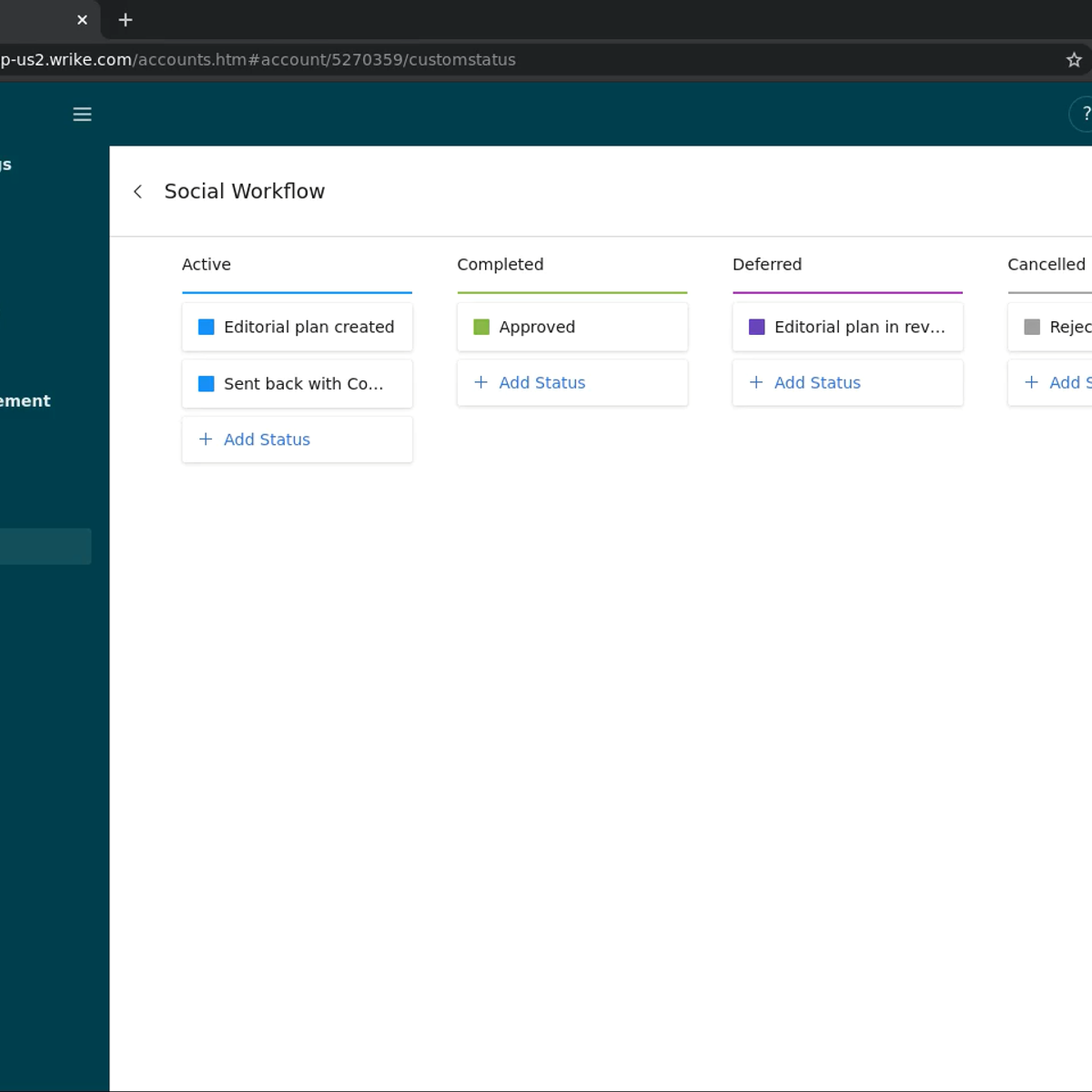Back to Courses









Leadership And Management Courses - Page 10
Showing results 91-100 of 600

Business Implications of AI: Full course
The Business Implications of AI: Full course is a continuation of the nano-course.
Throughout the course content, the following main questions will be answered:
* How shall we, as leaders, understand it from a corporate strategy point of view?
* What is it and how can it be used?
* What are the crucial strategic decisions we have to make, and how to make them?
* What consequences can we expect if we decide on doing AI projects and what kind of competencies do we need?
* Where shall we start, and what could be a good second as well as a third step?
* What implications for the organization can we expect? These are the questions answered in this course.
If you want to deep-dive even more into how artificial intelligence is changing the business landscape, with face-to-face training, group activities, and hands-on exercises, register for the live course https://professionalschool.eitdigital.eu/business-implications-of-ai

Budgeting and Scheduling Projects
A good project schedule helps all team members’ work together to meet project objectives. A project budget with realistic cost constraints is also an essential bedrock of any project. In this course you’ll learn to plan and stick to time and cost constraints in order to ensure the success of your projects.
Upon completing this course, you will be able to:
1. Identify the resource needs of the project
2. Decompose work packages into activities
3. Define what is needed to estimate activity durations
4. Define milestones and create a milestone schedule
5. Determine the critical path and calculate float
6. Describe the purpose of using leads and lags in a project schedule
7. Estimate the quantities and costs of resources required to perform project activities
8. Select one of three common cost estimating techniques to determine a project budget
9. Use a responsibility assignment matrix to assign responsibilities
10. Recognize the components of a project’s quality management plan

Governance and Strategy
This course is an introduction and an overview to the basic principles of cybersecurity Governance and Strategy. It provides guidance on determining information security objectives and how to
measure progress toward achieving them. It is an exposition on the rationale and necessity for
senior management to integrate information security into overall organizational governance at
the highest levels.

Measure a Marketing Strategy using Facebook Insights
By the end of this project, learners will have a better understanding of ways they can enhance their Facebook Marketing strategies, which will ultimately improve users' Facebook Insights.
We will take an in-depth look at how to incorporate marketing strategies that will more likely enhance overall analytics, and learners will develop a deeper understanding of how to use Facebook Insights to track and measure strategic marketing efforts. Having this knowledge, allows Facebook users to more easily adapt and update strategies according to Insight results to get the most out of their Facebook strategy.
Note: This course works best for learners who are based in the North America region. We’re currently working on providing the same experience in other regions.

Recruiting, Hiring, and Onboarding Employees
Finding and hiring the right people is often cited as the number one concern of businesses today. It seems we are all competing for the best and brightest workers. As you will see in our time together in the second course, a critical component of the People Manager Value Proposition is to hire talented people who enable the organization to achieve its strategic goals. This course is an introduction into the topic of recruitment, selection and onboarding.
At the outset of the course we will explore the importance of linking recruitment goals with overall company strategy. We then look at a number of options to recruit and select employees both effectively and legally. Throughout the course we will examine current issues in talent acquisition, such as how companies are now leveraging social media and hiring analytics to ensure better quality hires.
At the conclusion of the course, we look at how to onboard employees to promote employee commitment and engagement.

The Business of Product Management I
Learn to excel in product management roles while learning directly from industry-leading product managers and real-world case studies from Amazon, Intuit, Procter and Gamble, Barnes and Noble, Whole Foods, Google, Twitter, Tesla, Dropbox, Eventbrite, Blue, Samson, Coffee Meets Bagel, Mixpanel, and more!
Featuring expert product manager instructors including:
* NANCY WANG, Head of Data Protection Services, Amazon Web Services; Founder and CEO, Advancing Women in Product
* WAYNE DUSO, Vice President for Edge Computing, File Services, and Data Services, Amazon Web Services
* ARUM KANG, Co-Founder & CEO, Coffee Meets Bagel
* AMIR MOVAFAGHI, CEO, Mixpanel; former Global Head of Business of Operations, Twitter.
Sponsored by AMAZON WEB SERVICES (AWS).
This is the first of four courses in the ACE Recommended Real-World Product Management Specialization. When you complete all four courses, you can earn up to 6 college credits.

Fundamentals of entrepreneurship in the family business
Nowadays, family businesses are indispensable in our economy. However, it is very important to identify the tools and strategies of success that allow them to transcend in a competitive environment. For that reason, this entrepreneurship course gives you the opportunity to know and apply best practices, taking into account entrepreneurship and innovation models that will allow you to take advantage of the strengths that posseses the family business, in order to create a suitable business for next generations.
In this entrepreneurship course you will have the opportunity to know the instruments and components that involve entrepreneurship; from ideation, market validation and value proposition, to present your sales plan to attract investors (Business Pitch).
This online course delivers the knowledge and tools necessary for the success of a venture in the family business.
The Center for Entrepreneurial Families and EGADE Business School of the Tecnológico de Monterrey is the ideal institution to develop these skills, since Tecnológico de Monterrey is the number 1 university in Mexico and the 6th best in Latin America according to Times Higher Education (THE) 2016.
Professors at Center for Entrepreneurial Families are highly qualified and recognized as part of the worldwide STEP project for family entrepreneurship, and EGADE Business School is the number 1 business school in Latin America in MBA program, according to the ranking of AméricaEconomía.

Diversity, Equity & Inclusion
In collaboration with the HRO DE&I Training Workstream, Enterprise Learning and Corporate Training/Leadership Development, three training modules were developed. These modules are designed to provide Clients with a DE&I foundation and tools to create and maintain an inclusive workplace.
The intention of DEI Training is not to force anyone to change their mind or opinion, but to help build awareness of unconscious bias, cultural competence, or other barriers to diversity, equity, inclusion (DEI), and belonging. It can also motivate positive behaviors and attitudes and foster an environment where workers can feel comfortable bringing their full, authentic selves to work.
DEI Training is not a stopping point and should underscore the importance of having a solid foundation of strategic priorities, consistent measurement and evaluation, and a clear alignment between organizational values and DEI goals.
ADP does not endorse any training or teaching that compels an employee to believe any of the concepts listed in Florida HB 7.

First Steps in Making the Business Case for Sustainability
The Business School at the University of Colorado Denver wants to help you become a change agent for sustainable business. We hope that with the skills and concepts you gain from this specialization that you will help your business reduce its social and environmental impact. Being a change agent is hard. It takes courage and passion and knowledge. To implement change also requires being able to make the case for that change in terms that people in your company or organization respond to and understand.
After completing the specialization, you will be able to:
* Discuss the threats and opportunities that major global trends such as climate change present to businesses;
* Identify ways a company can improve its environmental and social performance;
* Evaluate and compare companies’ sustainability activities and products;
* Develop a business case for implementing sustainability investments;
* Identify key criteria of green businesses and product design;
* Be a change agent in your organization;
* Understand emerging topics in sustainable business, including those in the public policy space.
We're very excited about offering this MOOC specialization and hope it gives you the first step toward learning about and taking action to make the places you work and the products you buy more sustainable.
Sustainable business changes daily with new products, innovations and ideas, so you will be important in keeping the class current. We look forward to learning from you as you take this green journey!
______

Create a custom workflow in Wrike
In this 2 hours project you will create custom workflows in Wrike to manage your projects, change status to tasks using custom workflows and creating dashboards to display task by workflow and status.
Popular Internships and Jobs by Categories
Find Jobs & Internships
Browse
© 2024 BoostGrad | All rights reserved